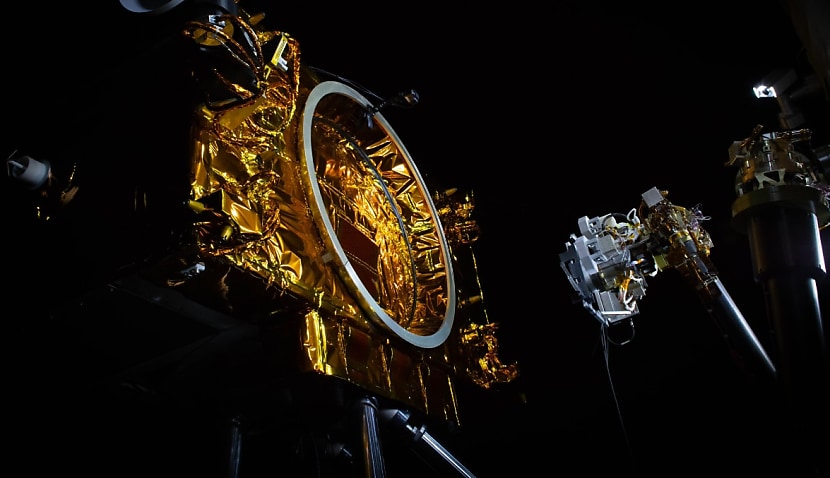
The Defence Trailblazer collaboration with the University of Adelaide will also construct an orbital robotics test bed on Earth to help develop prototypes of payloads.
Based in Sydney, Space Machines Company is best known for developing “roadside assistance in space” satellites, which physically move clients’ satellites to new positions when they get into trouble.
The new technology developed, though, would underpin a range of space operations, including high-resolution inspection, satellite servicing and space debris management.
“Currently, there is a lack of mature technologies that provide space-borne perception, and there are no orbital robotics test beds in Australia,” said Tat-Jun Chin, the project’s technical lead.
“This project directly addresses this technical gap, which will greatly benefit the space industry.”
The federal government-backed Defence Trailblazer is a partnership between industry and academia that aims to accelerate the commercialisation of research.
This current project, meanwhile, is a collaboration between the Sentient Satellites Laboratory at the University of Adelaide, Scarlet Lab (a SmartSat CRC initiative), and Space Control STC at Defence Science Technology Group.
It will also align with Space Machines Company’s plan to launch a second Optimus satellite in 2026 with Indian launch firm NewSpace India.
The MAITRI mission – or Mission for Australia-India’s Technology, Research and Innovation – involves several Australian companies and has been backed by an $8.5 million federal grant. It aims to bring the two countries’ space sectors closer together.
The news comes after Space Connect reported in September that Indian firm Ananth Technologies would help transport the spacecraft to its launch site on Earth, while Digantara will provide a payload to help it navigate in orbit.
The twin deals were announced at last year’s Bengaluru Space Expo, and Enrico Palermo, head of the Australian Space Agency, hailed the signings as another step towards strengthening the two countries’ space relationship.
“Australia and India are both innovative in how we approach space, producing fresh technologies and investing in inventive missions that deliver outcomes that improve life here on Earth,” he said.
The new announcement means Ananth Technologies will provide engineering and logistics support before the blast-off, including the transportation and handling of all spacecraft components in India and extensive testing in its cleanroom facilities in Bengaluru.
Digantara, meanwhile, will integrate its short-range electro-optical payload onto Optimus, which will allow it to safely track the failed satellites it hopes to fix in orbit.

Adam Thorn
Adam is a journalist who has worked for more than 40 prestigious media brands in the UK and Australia. Since 2005, his varied career has included stints as a reporter, copy editor, feature writer and editor for publications as diverse as Fleet Street newspaper The Sunday Times, fashion bible Jones, media and marketing website Mumbrella as well as lifestyle magazines such as GQ, Woman’s Weekly, Men’s Health and Loaded. He joined Momentum Media in early 2020 and currently writes for Australian Aviation and World of Aviation.
Receive the latest developments and updates on Australia’s space industry direct to your inbox. Subscribe today to Space Connect here.








